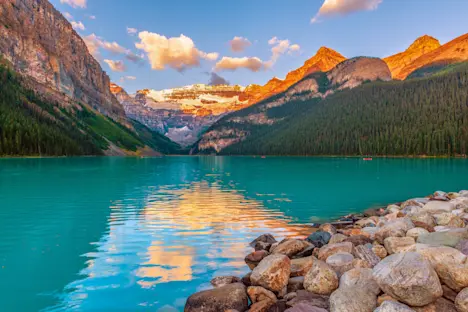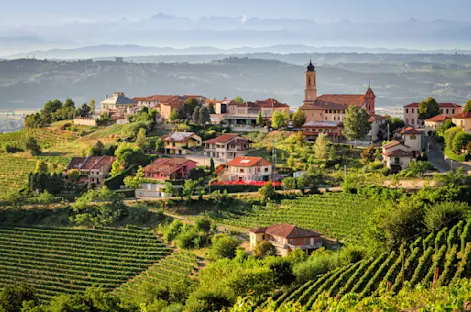
Could the progress we’ve made in protecting our air and water quality soon be reversed? ©Henry H. Holdsworth
The exhausting November 2012 presidential election is finally over. Now we Americans begin what can be another long and involved phase: analysis of that election.
One recent item to come out of this process is a Gallup poll taken in March 2012 that showed that Americans’ concerns about air and drinking water pollution had sunk to new lows. It’s postulated that the ailing economy overshadowed everything else on our minds during the campaign season, and that’s the reason why the candidates failed to debate global issues such as climate change or degrading air and water quality.
If it’s true that we as a people are putting a healthy environment on the back burner, will the strides we’ve made in protecting our air and water since the 1970s and the first Earth Day soon be erased?

Environmental groups continue to struggle to find a compelling message that speaks to voters. ©Henry H. Holdsworth
Needing a meaningful message
As little as four years ago in 2008, rising public awareness about climate change caused presidential candidates Barack Obama and John McCain to thoughtfully engage in a conversation about our warming planet. This time around, however, with a lack of jobs and falling incomes on our minds, Americans’ worries about air and drinking water pollution dropped to their lowest point in decades, according to Gallup. And with environmental groups struggling to find a coherent, compelling message to rally voters, we seem to have tuned out caring about ecological issues altogether.
It isn’t because our environmental woes aren’t as urgent as our economic ones. Many scientists increasingly warn that the world won’t be able to curb greenhouse gases quickly enough to prevent a two-degree rise in global temperatures, which might already be enough to raise the sea level a few feet off of Boston, New York City and Washington, D.C., by 2100. Fatih Birol, chief economist at the International Energy Agency, has stated that missing that goal would have devastating consequences for the planet.
Gaining a growing empathy
Other polls and reports that came out in 2012 support the notion that we Americans aren’t as concerned about the environment as we have been in the past. Earlier this year, another Gallup poll showed that a majority of Americans thought the government should approve the Keystone XL pipeline, which would carry diluted bitumen from the tar sands of Alberta to Gulf Coast refineries. Oil from tar sands is dirtier than conventional crude oil—emitting up to 20 percent more greenhouse gases, on average, than other transportation fuels used in the U.S.—and it would require the clearing of huge swaths of Canada’s boreal forests.

When it’s livelihoods versus the environment, supporting your family will always win. ©Eric Rock
And in September of this year, a national survey by the Pew Research Center found that energy policy, which rated among the most important electoral issues in 2008, ranked near the bottom of the voting priorities list in 2012.
Living in the United States, we sometimes find it hard to understand why residents of other countries on far-off continents would continue to clear-cut their trees or hunt threatened species when scientists have shown the importance of forests and biodiversity in the overall health of the world. Perhaps now, with our own struggling economy, we may have more empathy. When earning a living bumps heads with doing what’s best for the environment, supporting our families will always take precedence. The trick is making doing what’s right for the economy and doing what’s right for the environment the same thing.
Do you think that environmental concern has a chance to rebound in tough economic times? Or are such issues only able to be taken on when the economy is good?
Here’s to finding your true places and natural habitats,
Candy
Issues of climate and conservation are of paramount importance to us at Natural Habitat Adventures. If we as a society are going to tackle these daunting environmental issues, it’s important for companies to take responsibility for their environmental impacts. To this end, in 2007, Natural Habitat became the world’s first carbon neutral travel company, and we’ve continued to focus on conservation and community initiatives as an integral part of our operations. We invite you to learn more at our conservation travel Web page.






























